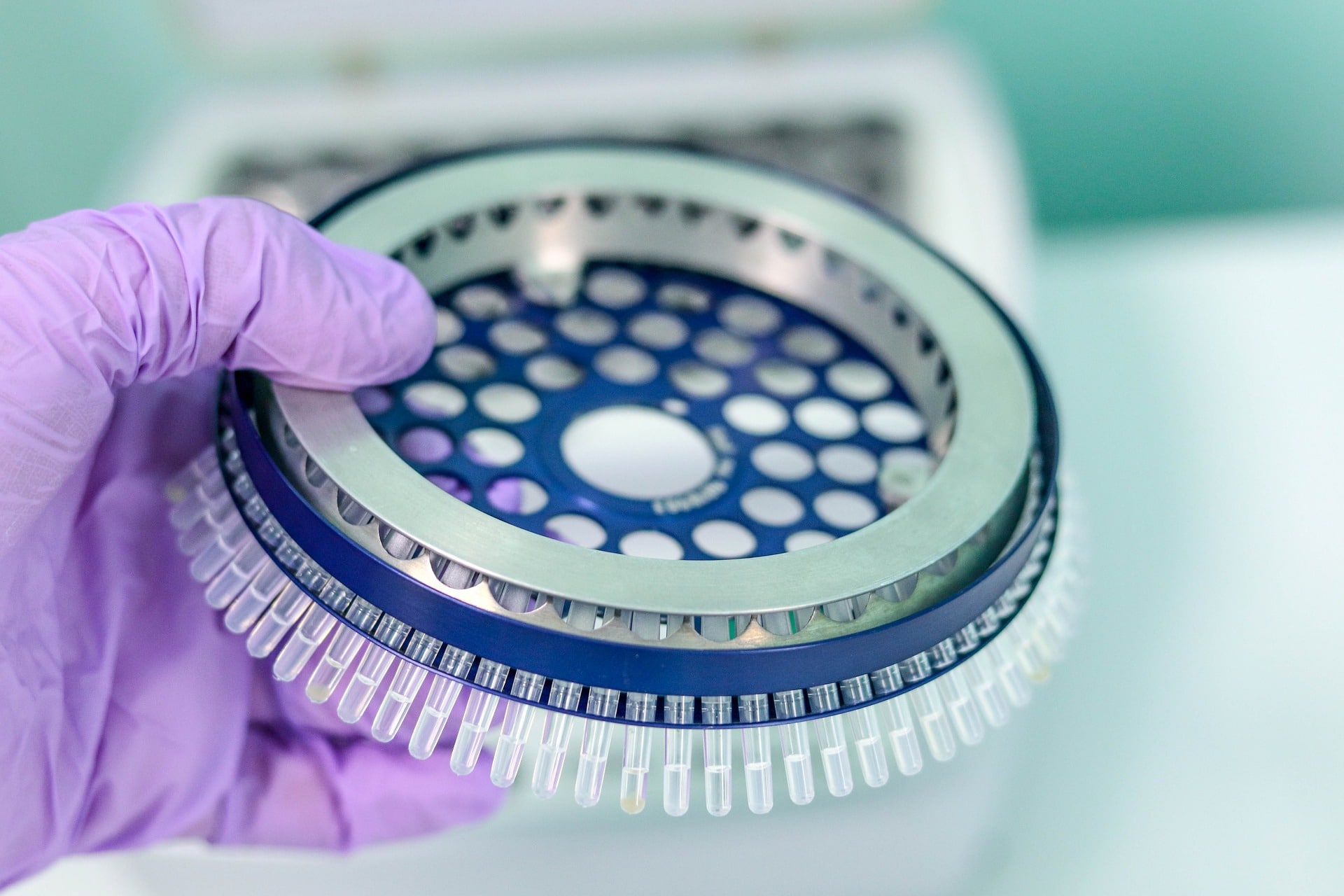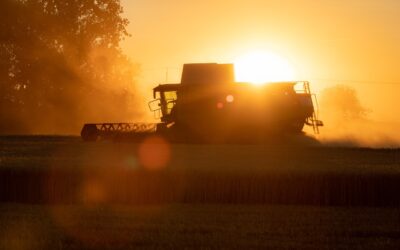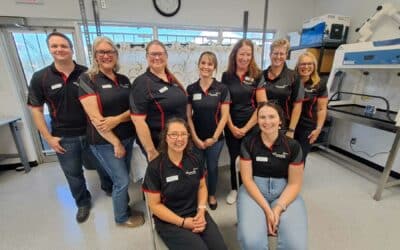You’ve likely heard of PCR testing, as those three letters have been used a lot in the media in recent months with regard to COVID-19 tests. But what is PCR and how does it benefit those of us in the seed world?
The discovery of DNA happened a very long time ago, much earlier than we often think. It’s commonly believed American biologist James Watson and English physicist Francis Crick discovered DNA in the 1950s. Actually, DNA was first identified in 1869 by Swiss chemist Friedrich Miescher.
What Watson and Crick did in 1952 was discover that the DNA molecule exists in the form of a three-dimensional double helix. This was a major find, as it paved the way for new testing that led to what we know today polymerase chain reaction (PCR), developed in the 1980s.
Sometimes called “molecular photocopying,” PCR is a fast and inexpensive technique used to copy small segments of DNA. Because significant amounts of a sample of DNA are necessary for molecular and genetic analyses, using a single piece of DNA to get results is virtually impossible. You need to make many copies of it first.
To copy DNA using PCR, the sample is first heated and then separates. Next, an enzyme is used to build two new strands of DNA, which results in the duplication of the original DNA, with each of the new molecules containing one old and one new strand of DNA. Each of these strands can be used to create millions of exact copies of the original DNA segment.
PCR testing, in a nutshell, helps your bottom line due to the speed at which we can generate results. In testing for a host of pathogens, we can detect exactly what you need to and have the result as early as the next day.
Of course, PCR is evolving. It’s becoming faster all the time, and able to do more things. We have a PCR-based test for soybean cyst nematode and blackleg. With the latter, we will be able to actually determine the race of blackleg on a sample of canola stubble. You can then match seed resistance to that exact blackleg race, giving you the potential to prevent further infection.
If the topic of PCR comes up in conversation this week, don’t hesitate to educate others about the wonders of this amazing technology, and how it all first began way back when John A. Macdonald was prime minister.
Related Articles
New Tests for Soybean Cyst Nematode are Crucial to Fighting This Pathogen
Seed Testing Critical to Ensuring Good Cereal Seed Performance in 2022
Seed Testing is the Best Tool we Have for Painting an Accurate Picture of Fusarium






